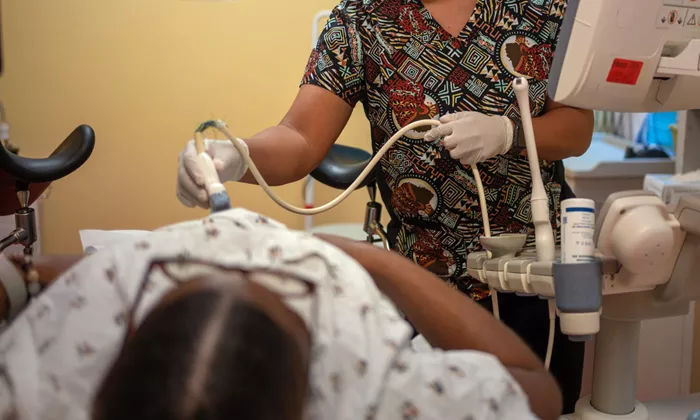Many women’s health clinics offering abortion and reproductive care are closing even in states where abortion remains legal.
Financial challenges, rising costs, and changing healthcare demands are forcing organizations like Planned Parenthood to shut down smaller clinics, limiting local access to vital services such as cancer screenings, contraceptive care, and abortion.
Why Are Clinics Closing?
Financial strain: Increased operational costs and limited funding, including federal Title X program freezes, reduce clinic sustainability.
Changing care models: The rise of telehealth abortion services shifts patient preferences away from traditional clinics.
Political and social pressures: Clinics face challenges balancing healthcare delivery with advocacy and community demands.
Impact on Health
Clinic closures mean longer travel times-sometimes hours away-for patients needing reproductive health care, which can delay important screenings and treatments. This is especially critical in rural or underserved areas, where healthcare options are already limited.
Health Advice for Women
Stay informed: Know your local healthcare options and any changes in clinic availability.
Plan ahead: Schedule routine screenings and contraceptive care early to avoid gaps in service.
Explore telehealth: For some reproductive health needs, telemedicine can be a convenient alternative.
Advocate for your health: Support policies and organizations that protect access to comprehensive women’s healthcare.
Conclusion
Access to reproductive health care is essential for overall well-being. If your local clinic closes, seek alternative providers promptly to maintain your health and safety.
Related topics:
- New Study Finds 1 in 10 Women Face Serious Risks from Abortion Pill
- Why Black Mothers Face Higher Risks During Pregnancy
- Extreme Heat From Climate Change Raises Pregnancy Risks Worldwide


